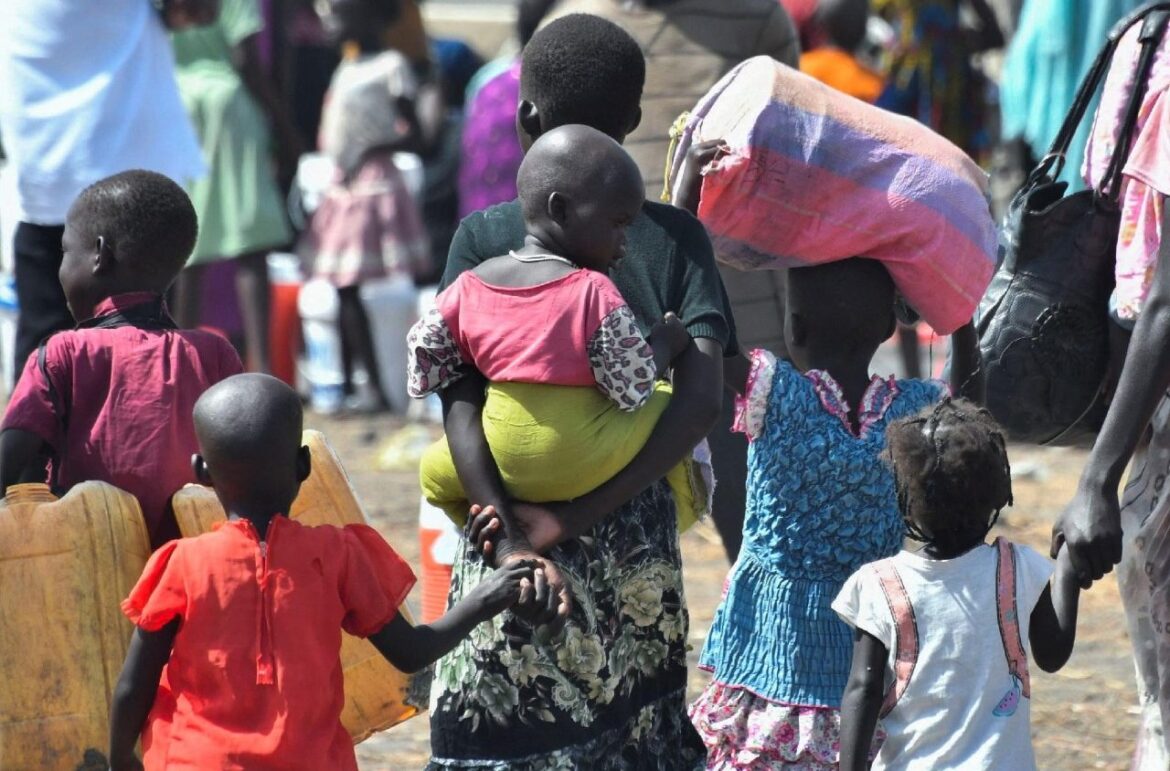UNICEF Deputy Executive Director Ted Chaiban recounts his visit to Sudan in the midst of the devastating conflict and warns of the millions of children suffering from acute malnutrition, lack of safety, and enduring harassment.
By Kielce Gussie
Since April 2023, Sudan has been engulfed in a devastating conflict, which has displaced millions of people. A recent declaration by UNICEF Deputy Executive Director Ted Chaiban reaffirms that “Sudan is currently the world’s largest humanitarian crisis and the conflict is escalating.” Those suffering the most: children.
After visiting Darfur and Khartoum, Chaiban describes how the ongoing violence is tearing communities apart. He spoke with women and children forced to flee their homes in Al Fasher due to an ongoing siege. They recount being forced through armed checkpoints, robbed of belongings, and harassed and assaulted. Many families have gone for days without food.
A devastating reality
Chaiban reports severe acute malnutrition is on the rise in Darfur and Kordofan as 1.4 million children live in areas affects by or at risk of famine. “Without urgent treatment, thousands will die,” he underscores.
In North Darfur alone, some 150,000 children are expected to face severe acute malnutrition this year—“the deadliest form of hunger.” In Tawila, the number of cases soared from hundreds to over 2,000 per month since April as Tawila has become the primary gathering place for people fleeing Al Fasher.
Moreover, Chaiban highlights how parents lament that their children have not been in a classroom in years. “Four out of five children in Sudan—around 14 million—are out of school, a whole generation growing up without education”, he reports.
Disease is rampant in the country as cholera, diphtheria, malaria, and dengue claim the lives of many young people and children, while the health system fails.
Children are denied safety. Chaiban explains that in six months, at least 350 grave violations have been reported and verified in North Darfur, including killings and mutilations. For sixteen months, Al Fasher has been under siege, keeping some 130,000 children trapped without food, water, or healthcare. “There is no safe way in or out”, he underlines.
Light in the midst of darkness
Yet, amid the horrors, Chaiban recounts witnessing resilience as communities rebuild schools for children to begin learning once again. In a space dedicated to children, he shares his experience seeing children laughing and playing.
After his visit to Sudan, Chaiban describes meeting with UNICEF staff, United Nations colleagues and partners—including frontline health workers—who, in spite of unspeakable challenges, have provided oral cholera vaccines and mosquito nets to 8 million people, cared for more than 250,000 children facing severe acute malnutrition, and repaired or installed water systems serving 11 million people, including families who have returned to the area.
But it’s not enough. Needs continue to grow each day. Chaiban challenges the international community, saying “what Sudan needs now is unrestricted humanitarian access, adequate funding, and a political solution to end the conflict.”


